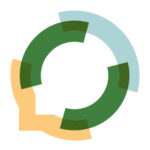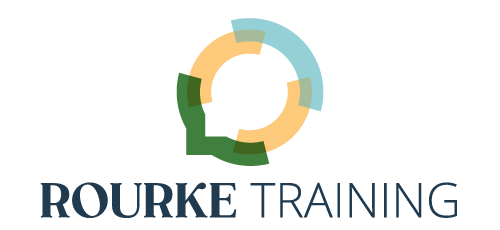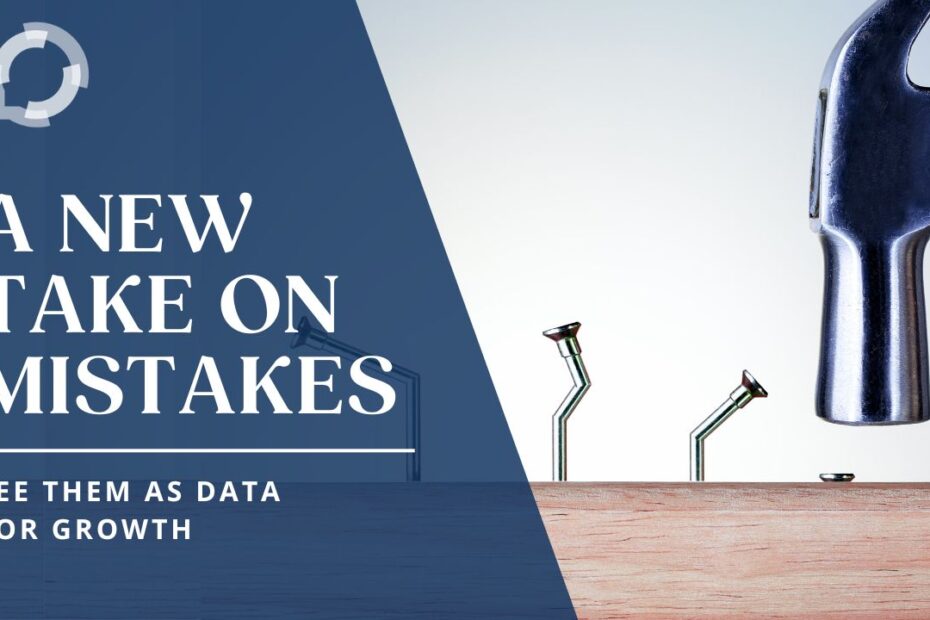I’ve been thinking about the role of practice in professionalism lately, both in my own teaching and in how I make space for practice in my courses. We all know that practice is an essential component of learning any skill. From sports to the arts to craft industries with formal apprenticeship structures, practice is the space for testing possibilities and honing technique. It’s systemic and built into the craft, not ad hoc.
If practice is the path to mastery, why does making mistakes while learning something new seem so scary?
To be clear, I’m not talking about mistakes that lead directly to fatalities or injury. Without question, those are upsetting. I’m also not talking about mistakes that happen in front of a national or global audience. New Coke will probably live in infamy forever as a failed effort to reinvent an iconic soda. The phrase “mistakes were made” might be most famously associated with President Reagan, but as this NPR item notes, it has a long and bipartisan history. Such incidents were deliberate choices.
Rather, I’m interested in the mistakes that are an inherent part of learning. In this context, I’m particularly interested in mistakes that happen in front of other people, whether that’s a peer group whose function is to be a sample audience or other learners whose progress seems smoother than our own.
How can we shape a culture where mistakes are not only acceptable but expected, even celebrated? Two recent episodes of the Hidden Brain podcast with host Shankar Vedantam provide possibilities for re-calibrating the meaning of mistakes.
Making the Most of Your Mistakes
Vedantam started 2024 by talking with researcher Amy Edmondson. Edmondson is the Novartis Professor of Leadership and Management at Harvard Business School; she specializes in teams, psychological safety, and organizational learning. Their conversation focused on distinguishing between types of mistakes and how to respond to each type.
I particularly appreciate Edmondson’s work to identify the role that organizational culture plays in understanding mistakes, what she calls the “interpersonal environment.” Realizing that mistakes might not be reported due to various employee concerns, she notes, “When we think about organizations and teams and the goal of learning from mistakes and learning from failures, job one is to make sure we’re actually talking about them honestly and openly.” Learners have to feel psychologically safe in order to report mistakes. If the workplace culture sets an expectation of perfection, that workplace won’t actually BE free from errors, Edmondson says. Instead, errors will continue to happen, but not be reported.
At the same time, the “fail fast, fail early” approach isn’t appropriate in all contexts, Edmondson points out, especially those in which mistakes in engineering or medicine would be fatal.
A key tenet of Edmondson’s work is that mistakes don’t all fall into the same bucket. She distinguishes between complex failures that result from a compilation of smaller decisions or assumptions and basic failures that result from momentary inattention. Each type calls for different solutions, but they are both categories of mistakes that we should actively seek to reduce or eliminate.
Rather, Edmondson encourages “intelligent failures,” the mistakes that happen when a learner is working at and beyond the outer edges of their current knowledge base. They’re both informed by a hypothesis and are as small as possible. She compares this kind of failure to “an experiment that didn’t produce the result you had truly wanted it to produce.”
Intelligent failures don’t just magically happen, of course. Edmondson says that embracing this practice calls for preparing carefully, maintaining a clear goal, and minimizing waste. One also needs a strong reserve of resilience to tolerate repeated mistakes and iterations.
Learning From Your Mistakes
Another recent episode of Hidden Brain featured Vedantam talking with psychologist Lauren Eskreis-Winkler as part of a series on the psychology of failure and feedback. Eskreis-Winkler is an Assistant Professor of Management and Organizations at Northwestern University’s Kellogg School of Management. Their conversation focused on how feelings of failure affect our ability to learn from mistakes.
Eskreis-Winkler’s definition of failure also offers an approach for developing a better mindset about mistakes. For her, “failure broadly defined is not achieving a desired goal.” Like Edmondson, Eskreis-Winkler sees mistakes in the context of wider systems.
The key, then, is to remove your ego from the situation, to study the problem apart from yourself as the person who caused it. She says, “You don’t personally feel threatened, so you’re able to do that crucial thing that’s required for learning, which is to pay attention and engage with the experience as opposed to tuning out.” As it turns out, mindfulness is valuable across a range of interactions and experiences.
That’s easier said than done, as many know. Eskreis-Winkler has studied the ways in which failure hurts our self esteem. Since “everyone has a really strong drive to see themselves as a competent, good, capable person,” we therefore tend to avoid circumstances that challenge that self image. She says it’s why we avoid getting bad news, whether the information is trivial or literally one of life or death.
Eskreis-Winkler makes a really interesting distinction between performing and learning. Using an example of learning to swim, she points out that performing the goal (“win the race”) is not at all the same as learning the skill of swimming, since she held her breath during each race. As a result, Eskreis-Winkler never learned proper technique. But she sure did win races during lessons.
She sees failure as “the gift of information,” one that people chronically underestimate. Information is data. If you iterate based on data, you’re more likely to reach your goal, whatever it is.
How About You?
As I think about ways to make space for mistakes in my writing courses, I’m drawn to the idea of actors doing a cold reading. The entire point of a cold read is that it’s the first time the performers see the material. They’re working through it to find nuances in emphasis and pacing, ways to shape the story via performance.
Granted, not everyone can be best-selling novelist Matt Dinniman and voice actor Jeff Hays doing a cold read of Dungeon Crawler Carl 6: Eye of the Bedlam Bride. Jeff tweaks inflections as the sassy main character, trying out disappointment, disgust, and contempt before getting it right. Their willingness to be public about the recording process, to show how the sausage gets made, is a useful reminder that the polished final product does not result from a single attempt.
If I can create a classroom where students are brave enough to try new things, they’ll be well set up for future endeavors, no matter how many mistakes they make.
Do you treat mistakes as sources of information for the next iteration towards your goal? Are you able to separate mistakes into several buckets so you can focus on the most productive category while reducing the others? If your work environment supports intelligent failure, what specific practices or policies are in place?
Or, on the other hand, if you work in a zero-tolerance environment, how do you handle the inevitable mistakes?
Tell us about it in the comments.
Check Out Our YouTube Channel
The Rourke Training – Ongoing Mastery YouTube channel has a bit of something for everyone. Go there to get Kirsten’s take on examples of public speaking, as well as reflections on her entrepreneurial journey. The channel is also the home of the podcast Kirsten and Kellie produced for 5 years, Ongoing Mastery: Presenting & Speaking, which covers everything connected to continually improving your craft of being a public speaker, from interviews and mini-coaching sessions with guests to conversations between Kirsten and Kellie.
Come join us. Cheers, Kellie


